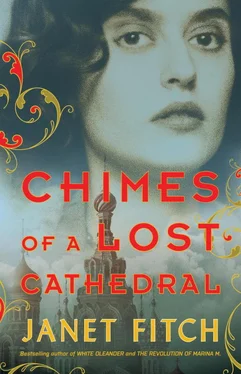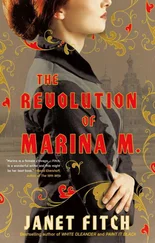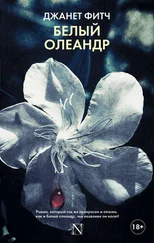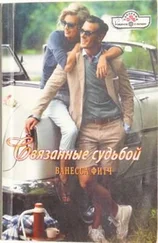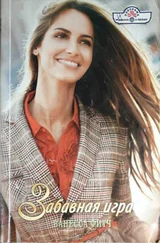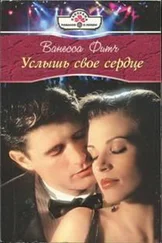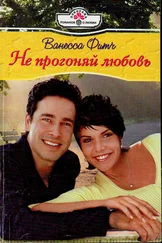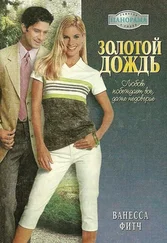I didn’t want to walk out to Smolny now. I wanted to go somewhere private with a door that locked, where I could sit down and cry. I wanted to wash and drink boiled water and nurse my baby and, yes, even show her off to someone who knew me. I wanted all these things as another might crave food or water. So instead of treating myself to Smolny’s bureaucratic charms, I found myself entering a familiar doorway, still open right onto the street. And here was the sign, KATZEV PHOTOGRAPHY STUDIO. I touched its fingerprinty black glass, traced the letters.
The elevator had lost its function, its safety gates locked. As I climbed the stairs, Iskra—heavy in the home-woven sling—woke and started crying. I sat on the stairs to calm her. People scowled as they climbed past us—this bast-shod vagrant with her bundle and her screaming infant. Only when she was quiet did I begin to climb again. When I knocked on that door, she had to be at her best. They would be the first people who would care that this particular fireball had landed upon the earth.
I reached the door, the black paint, the nameplate. Rang the bell.
Heavy footsteps. Solomon Moiseivich! The door opened, but instead of her father’s warm, smiling face, it was Mina’s fiancé, Roman Ippolit, the medical student—the same bristly hair, arrogant jaw, his old self-satisfied air. So that was still going on. He took in the sight of me—my pail, my shoes, my baby with her sweaty hair, my satchel. “What do you want?” he asked rudely. Did he think I was a beggar? Thank God he didn’t recognize the boy assistant, Misha.
I tried for my most elegant tone. “Excuse me, but is Mina Solomonovna home? Or Sofia Yakovlevna?”
His eyes raced again, from my dusty kerchief to my redheaded baby, sheepskin, and satchel. What could such a creature possibly want from a modern Petrograd photographic studio? A baby picture? “Who wants to know?” He planted himself even more firmly in the doorway. He certainly hadn’t gained any manners in the time I’d been away.
“Tell her it’s Marina Makarova.”
“From the academy? Dmitry Makarov’s daughter?” Now he reinspected me, temples flexing, a portrait of Suspicion in a gallery of human venality. My God, he would have made a good maître d’.
“Actually, it’s Kuriakina now. I’m married.” I shifted my weight and spoke in a soft, educated voice, as feminine as I could muster, in fear that he would recall Misha. “Forgive me, but I’ve been traveling for some time. May I come in?”
He must have remembered a trace of manners from a few generations back. He let me in. The apartment was the same and yet not. Sparer. Things gone missing. The piano was where it had always been but the clock that had always sat upon it was gone. Also the carpet, and the collection of bric-a-brac on top of the bookcase. The Meissen figurines Sofia Yakovlevna had so loved had definitely lost a few comrades. The crystals on the chandelier were less plentiful. Well, who had not changed? I just wanted to sit in peace with Iskra, grateful not to be eight years old and lying on a filthy mattress dying of typhoid or influenza.
“Mina’s with a customer,” said Roman. “I’m Ippolit. Roman Osipovich.” He extended his hand.
“Good to meet you.” I hesitated, aware of my calloused, weathered hands, no longer the academy miss I’d once been, clasping his, which was soft and sweaty. I remembered all those dirty jokes he used to tell, all those awful stories he insisted on imparting to Misha. I fought the urge to wipe my hand on my skirt. He didn’t offer me a seat, so I stood as elegantly as I could—like a duchess, waiting for a courtier to pull out a chair. Now I was conscious of how dirty I was after the days of traveling, I could smell myself and Iskra, diapers and puke and the vague suspicion of blood. “Might I use the washroom?”
“Sure.” He pointed down the hallway. “Third door to the right.”
“Yes. I know,” I said.
I carried Iskra down to the bathroom, sat on the edge of the tub, and cleaned her properly. My God, they still had running water! Reveling in the privacy, I ran water into my bucket, cold but plentiful. And soap! I rinsed and scrubbed those diapers. Maybe later I could get someone to boil water for us. Iskra looked so small and clean and pretty, lying on the cloth on the white tiles, looking up at her mama, and the electric light.
I couldn’t get those children out of my mind. What a hell this life was for small things. Yet I couldn’t help but rejoice in the luxury as I laved my own face and hands, stripped down and washed my arms and armpits and the rest, already estimating the fortunes of the Katzev family in the months I’d been gone. They’d had to maintain enough people to keep the flat private, that was good news, everybody alive and well. If only Mina wasn’t too angry at me for leaving that day, maybe she’d see Iskra and relent. Who could resist such a beauty? And I could get work with my new papers, contribute to the household. Perhaps Sofia Yakovlevna would help me soften her up. She’d even liked Misha, and that was saying something.
I came out of the washroom with the newly fresh Iskra, and nearly collided with a tall Negro woman in a modern but unusual dress, wavy hair cinched in a cord like a Greek stele. “Izvenite, etot tualyet?” An American accent. She stumbled in her Russian. An American Negro in Petrograd—maybe I’d hit my head in the bathroom. Maybe I was still lying there. “Tualyet, da? Etot? Etot?”
“No, it’s the next one down,” I said in English, pointing to the correct door.
She burst into the most radiant smile, clutching my arm in gratitude. “Oh my God, you speak English. Wait there. Don’t leave, promise me you won’t leave?” Holding up her pink-palmed hand, like asking a dog to stay.
“I won’t,” I said.
I returned to the parlor with my pail and diapers, Iskra awake and looking at everything as if she’d never been indoors before. She gazed at the light coming in through the curved windows, the colors in the chandelier’s crystals. But I didn’t have time to share in her delight. A disapproving figure waited for me like a strict, humorless schoolmistress. Arms crossed, one toe raised, heel digging into the floor, as if she would like to crush me under it. I smiled, but Mina didn’t. It had been almost a year now, but my hopes that she wouldn’t still be angry were overly optimistic. “You look well, Mina.” Thin but not starving, her hair in a stylish bob, though I saw circles around her gray eyes behind her spectacles. And her shock—at seeing Iskra.
Roman grinning like a perfect fool.
“Don’t you have something to do?” she snapped.
He dropped his chin to conceal his smirk and went across the room, to the divan where Solomon Katzev used to sit between clients. He picked up a large medical book and pretended to study it.
Mina’s gaze moved from the baby to me and back again. Her hand went out timidly, to touch my child, the flaming hair, the soft flushed cheek. She extended her forefinger to Iskra’s tiny hand and my daughter clutched it. My old friend’s gray eyes were full of clouds. “It’s his, isn’t it? Oh my God, I can see him. It looks just like him.”
“Her name’s Iskra.”
“Is that what happened that night? You found him?”
He. She still thought of him that way. As I did. For us, there was just one he in this world, and no Roman or Genya could stand in his way. How could one man have captured so many? Petrograd must lie awash in our sisterhood, women who had felt this lash, this spell, this drawn knife of pleasure across our hearts. Who felt it still, whenever we thought— he. We could form our own sect of wounded nuns. Although I certainly knew him best, having shared his childhood, seen him behind the scenes of his traveling show—borne his child. Even I would never know him completely. The religion of Kolya Shurov was a mystery cult.
Читать дальше
